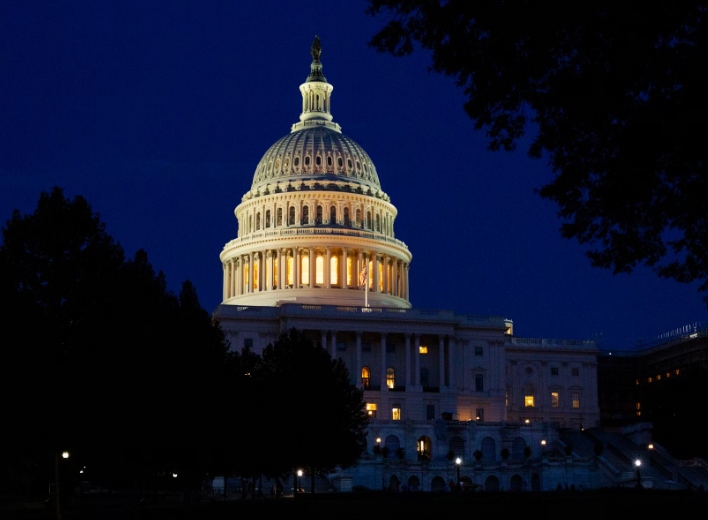In the 21st century, the fight for equality and freedom is more critical than ever. With the world facing numerous challenges, ranging from discrimination to political oppression, organizations like Human Rights Watch (HRW) have emerged as crucial advocates for human rights across the globe. HRW tirelessly works to expose human rights abuses, promote justice, and empower individuals in their pursuit of equality and freedom.
Human Rights Watch was founded in 1978 as Helsinki Watch, a committee dedicated to monitoring compliance with the Helsinki Accords. Over the years, it expanded its scope and transformed into HRW, becoming a leading global organization committed to advancing human rights worldwide. Today, it operates in more than 90 countries, scrutinizing governments, armed groups, and various entities to hold them accountable for their actions.
One of HRW’s primary objectives is to shed light on human rights abuses that often remain hidden from the public eye. It conducts extensive research, investigations, and interviews to gather evidence on violations, such as torture, discrimination, and unlawful detentions. By documenting these cases, HRW aims to raise awareness and bring international attention to the plight of individuals whose rights are being violated.
Moreover, HRW plays a crucial role in advocating for policy changes. Armed with compelling evidence, the organization engages with governments, international institutions, and other stakeholders to push for legal and systemic reforms. HRW’s comprehensive reports and advocacy work have been instrumental in influencing decision-makers and shaping policies that protect and promote human rights.
In addition to its advocacy efforts, HRW also provides support to individuals and communities affected by human rights abuses. It works closely with local activists, lawyers, and human rights defenders, providing them with resources, training, and legal assistance. By empowering local actors, HRW helps create a network of advocates who can effectively challenge oppressive regimes, fight discrimination, and advocate for justice in their respective countries.
HRW’s work extends far beyond borders and political boundaries. It actively engages with the global community, collaborating with other organizations, governments, and individuals who share a commitment to human rights. Through partnerships and alliances, HRW amplifies its voice, creates coalitions, and fosters collective action to address systemic issues and promote lasting change.
The organization’s impact is evident in its numerous achievements. HRW’s relentless advocacy has led to the release of political prisoners, the repeal of discriminatory laws, and the establishment of international tribunals to hold perpetrators of war crimes accountable. Its work has also contributed to the recognition of new rights, such as the rights of LGBTQ+ individuals and the rights of women in conflict zones.
However, HRW’s work is not without challenges. In an increasingly polarized world, where some governments view human rights as a threat to their authority, HRW faces resistance and hostility. Governments often dismiss or discredit HRW’s reports, labeling them as biased or politically motivated. These challenges make HRW’s work even more crucial, as it strives to defend the universality and indivisibility of human rights.
In conclusion, Human Rights Watch plays a vital role in advocating for equality and freedom in the 21st century. Through its meticulous research, advocacy efforts, and support to affected communities, HRW shines a light on human rights abuses, pushes for policy changes, and empowers individuals and organizations fighting for justice. As the world continues to grapple with various human rights challenges, HRW remains at the forefront, tirelessly working to create a more just and equitable world for all.





